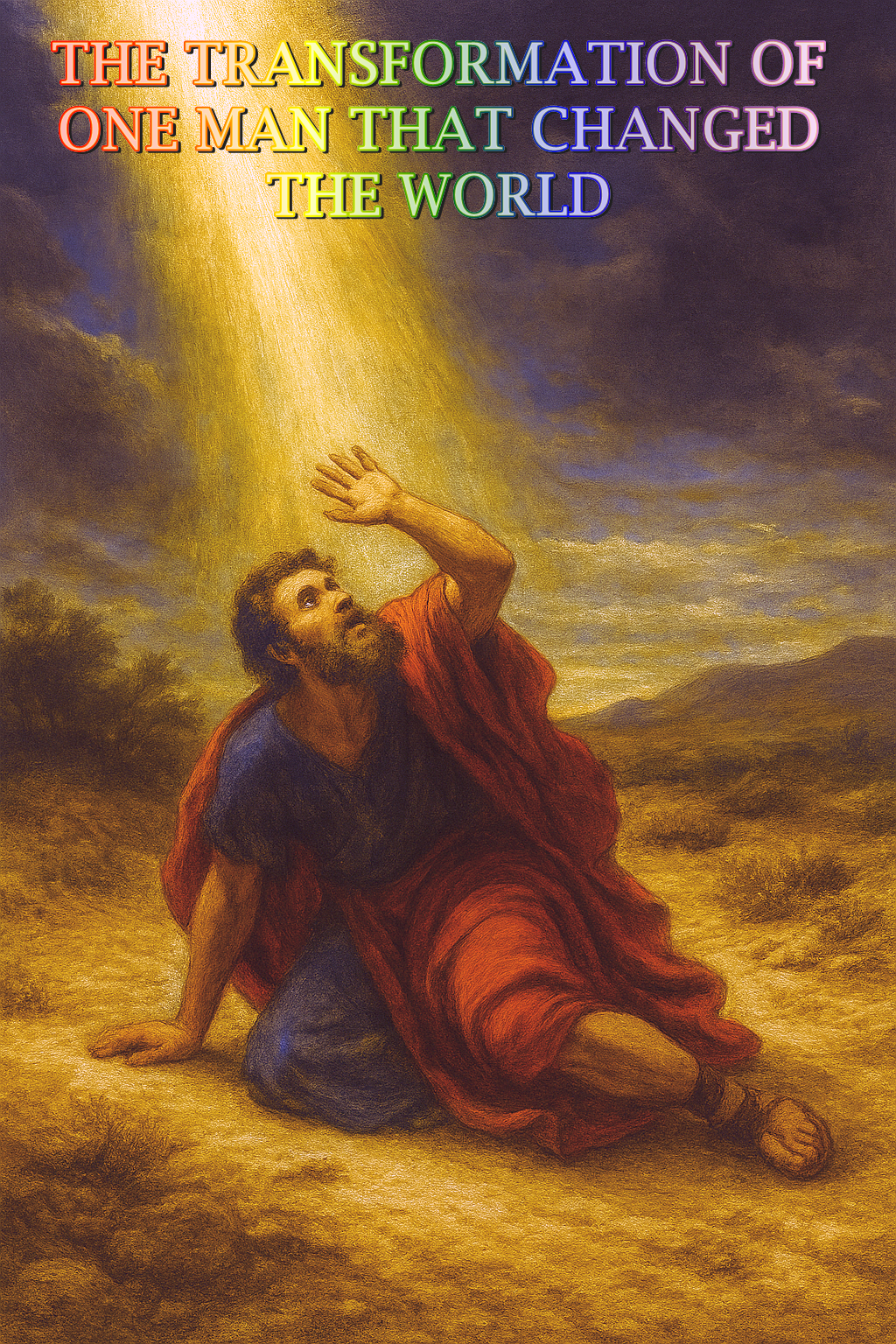Introduction
When you hear the name Martin Luther, what do you think of? Most likely, you think of the Protestant Reformation. And while that’s certainly a huge part of his legacy, it’s not the only reason why he’s still important today. In this blog post, we will explore some of the other reasons why Martin Luther will always be important. From his impact on politics and society to his work as a theologian, there are many ways in which Luther has shaped our world. Read on to learn more about this complex figure.
Why We Remember Martin Luther
There are many reasons why we remember Martin Luther. He was a Catholic priest who famously broke away from the Catholic Church to start the Protestant Reformation. He is also known for his 95 Theses, which were a list of criticisms of the Catholic Church that he posted on the door of a church in Wittenberg, Germany. These were just some of the things that made Luther a controversial figure in his time. However, Luther was also a man of great intellect and integrity. He stood up for what he believed in and inspired others to do the same. For these reasons, Luther will always be an important figure in history.
Religious reform
Martin Luther’s religious reforms were some of the most important changes to Christianity in its history. His 95 theses, which critiqued the corruption of the Catholic Church, started the Protestant Reformation. This led to a split in Christianity between Protestants and Catholics, and changed the course of Western civilization.
Luther’s ideas about salvation and predestination challenged many of the beliefs of the Catholic Church. He argued that salvation was not something that could be earned through good works, but was a gift from God that was given to those who had faith. This doctrine became known as “justification by faith alone.”
Luther also believed that Christians should be able to read and interpret the Bible for themselves. This idea was radical at the time, as only priests and scholars were considered qualified to do so. Luther’s belief in “sola scriptura” (scripture alone) led to the development of different interpretations of Scripture among Protestant churches.
The Protestant Reformation had far-reaching political, social, and economic consequences. It brought about an end to the power of the papacy in Europe and ushered in a new era of religious freedom. It also sparked a wave of iconoclasm, or destruction of religious art, as Protestants sought to rid their churches of what they saw as idols.
The impact of Luther’s reform movements is still felt today. His ideas about salvation by faith alone continue to resonate with many Christians.
Freedom of speech
Martin Luther enjoyed a certain degree of freedom of speech that would not be tolerated today. He famously said, “Here I stand. I can do no other.” This was in response to the Diet of Worms, where he was asked to recant his writings. Luther refused, and as a result, he was excommunicated from the Catholic Church.
Nowadays, we take for granted our right to free speech, but it wasn’t always so easy. Martin Luther risked everything to speak his mind, and as a result, he changed the world. We owe a lot to him, and that’s why he will always be important… even if his haircut didn’t set fashion trends (PTL)
The Impact of Martin Luther
Martin Luther’s impact on society is still felt today, 500 years after he started the Protestant Reformation. He was a man ahead of his time who challenged the Catholic Church’s grip on power and beliefs. His actions led to centuries of religious wars and persecutions. But, ultimately, Luther’s reforms helped create a more tolerant and pluralistic Europe.
Luther was born in 1483 in Germany. At that time, the Catholic Church was the dominant force in Western Europe. Luther studied to be a lawyer but became disillusioned with the church after witnessing its corruption firsthand. In 1517, he famously nailed his 95 Theses to the door of a church in Wittenberg, sparking a theological debate that would ultimately split the Catholic Church in two.
Luther’s criticisms of the church were manifold. He believed that Christians should be able to read the Bible in their own language rather than Latin. He also thought that priests should be allowed to marry and that the sale of indulgences (a way for people to buy their way out of purgatory) was wrong. Finally, he argued that salvation could only be achieved through faith alone, not good works as the church taught.
The Catholic Church responded to Luther by excommunicating him and branding him a heretic. This only made Luther more popular and his ideas began to spread throughout Germany and beyond. In 1521, he was called before the Diet of Worms (a meeting of German nobles)
The Legacy of Martin Luther
Martin Luther is one of the most important figures in history. He was a German theologian and monk who challenged the Catholic Church. His 95 Theses sparked the Protestant Reformation, which changed the course of Western civilization.
Luther was excommunicated from the Catholic Church and spent much of his life in hiding. He continued to write and teach, however, and his ideas spread throughout Europe. The Protestant churches that emerged from the Reformation were based on his teachings.
Today, Luther is remembered as a groundbreaking thinker who helped to shape the modern world. His legacy continues to influence both Christians and non-Christians alike.
Conclusion
Martin Luther will always be important because he was the catalyst for the Protestant Reformation. His 95 Theses sparked a reform movement that changed Christianity forever. Even though he didn’t intend to, Luther’s actions led to the split of the Catholic Church and the creation of Protestantism. Without him, there would be no Protestantism today. And that’s why Martin Luther will always be remembered as an important figure in history.



